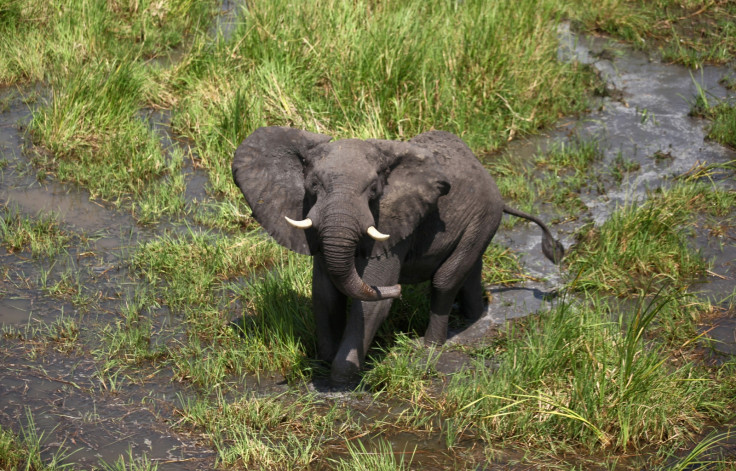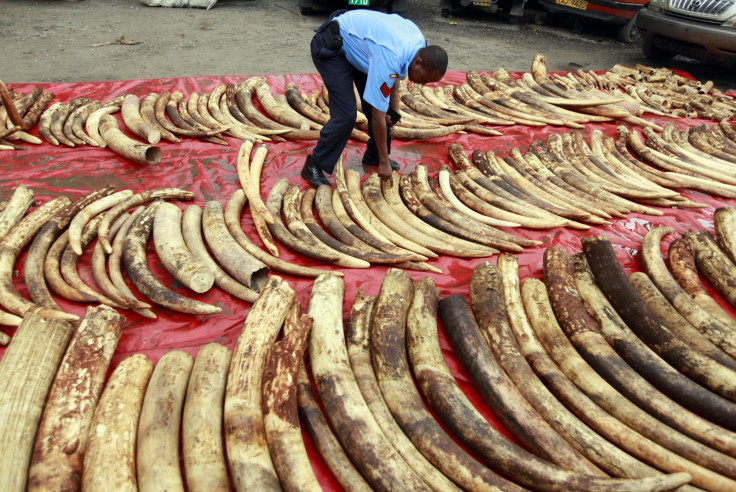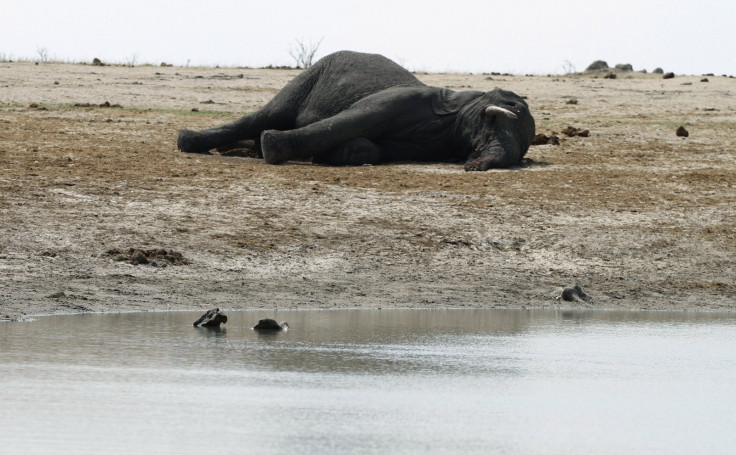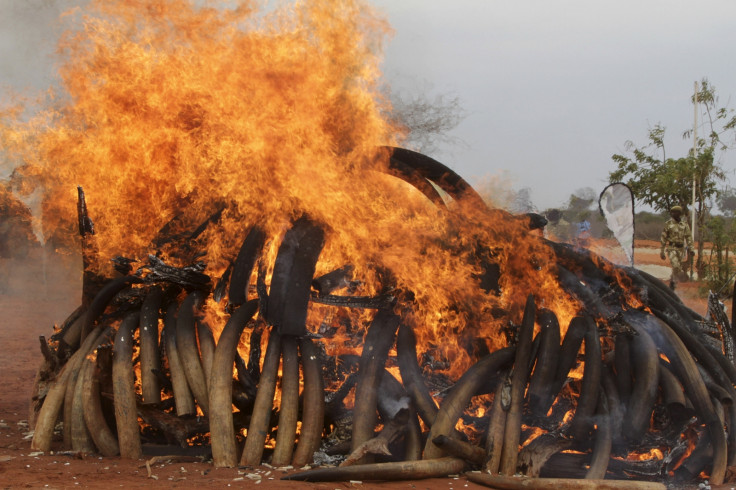'Elephants Face Extinction if Ivory Trade Not Banned'

In order to save elephants from extinction, all ivory markets across the world must close and any government stockpiles destroyed, the Wildlife Conservation Society has said.
A report by the US-based conservation group said corruption, organised crime and poor law enforcement means the ivory trade will continue to be a huge factor in the demise of the African elephant population.
Published in the journal Conservation Biology, researchers say that if significant populations of wild elephants across all parts of Africa are to be conserved, all ivory markets must be closed down.

The experts say corruption is key to the continued success of the trade and, as a result, called for all government stockpiles of ivory around the world to be destroyed, as they are a "significant source" of ivory finding its way into the hands of illegal traders.
Researchers looked at the corruption index of 177 countries. They found six of the 12 countries in Africa that have elephants are in the bottom 40%. Six of the eight identified by the Convention on International Trade in Endangered Species of Wild Fauna and Flora (Cites) as most implicated in ivory trafficking were also found to be among the most corrupt countries in the world.

Lead author Elizabeth Bennett said: "If we are to conserve remaining wild populations of elephants, we must close all markets because, under current levels of corruption, they cannot be controlled in a way that does not provide opportunities for illegal ivory being laundered into legal markets."
The report comes amid growing support for a carefully regulated ivory trade, which it is thought could protect elephants and contribute to conservation efforts through the sale of ivory stockpiles.

However, Bennett says this is not a viable option, as it will be very easy for illegal ivory to enter the legal trade, and it will be difficult or impossible to tell the difference between the two.
Earlier this year, Cites warned that African elephants face extinction as a result of "industrial scale" poaching - 20,000 were killed last year for their tusks and over the last 10 years, central Africa has lost about 60% of its elephant population.
"If the same trend continues, in the next 10 years, we may lose practically all of the elephants in central Africa," Cites senior scientific officer Tom de Meulenaer told Al Jazeera.
Bennett said that in order to protect elephants, better enforcement in parks is needed, but that the cost of doing this will remain high as long as profits from the ivory trade remain high.
"In the long term, the only sustainable solution is for the demand for ivory - the ultimate driver of the system - to be reduced. Until that happens, if elephants are to survive, we need to close existing legal markets," she said.
© Copyright IBTimes 2025. All rights reserved.






















